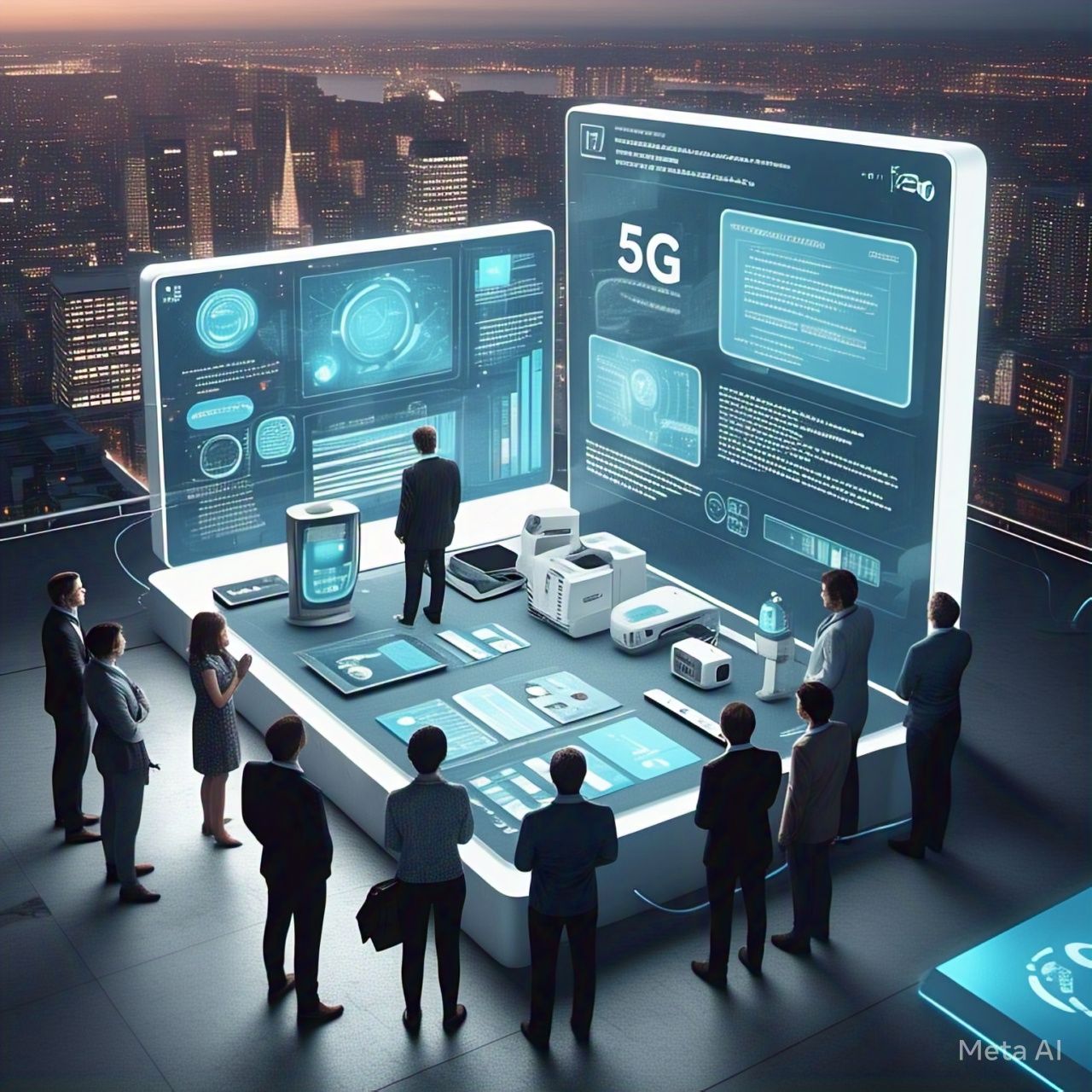Introduction
Battery life has long been a major concern for smartphone users. As devices become more powerful and feature-rich, battery consumption has increased, requiring smarter solutions to optimize energy use. Artificial Intelligence (AI) is now at the forefront of battery technology, helping smartphones last longer, charge faster, and manage power more efficiently. In this article, we explore how AI is revolutionizing smartphone batteries and shaping the future of mobile energy management.
The Challenges of Smartphone Battery Performance
Smartphones are expected to support high-performance tasks such as gaming, streaming, and multitasking, all while maintaining all-day battery life. Some of the biggest challenges include:
- High power consumption due to intensive apps and background processes.
- Battery degradation over time, reducing overall capacity.
- Inefficient charging cycles, leading to overheating and shortened battery lifespan.
- Lack of smart power management, causing unnecessary drain on battery resources.
How AI is Revolutionizing Smartphone Batteries
1. AI-Powered Smart Charging
AI enhances battery longevity by learning user charging habits and optimizing power intake. This results in:
- Adaptive charging: AI prevents overcharging by slowing down charging when the battery nears full capacity, reducing heat and stress.
- Scheduled charging: AI learns daily routines and delays charging to 100% until needed (e.g., completing the charge just before waking up).
- Fast-charging optimization: AI balances speed and temperature to prevent overheating and battery wear.
2. AI-Based Power Management
AI-powered energy management systems optimize power consumption based on user behavior. This includes:
- Predictive power saving: AI detects usage patterns and adjusts settings accordingly, such as dimming the screen or disabling background apps when battery levels are low.
- Intelligent app management: AI identifies power-hungry apps and limits their activity in the background.
- Dynamic CPU and GPU scaling: AI adjusts processing power to balance performance and energy efficiency, extending battery life.
3. AI-Enhanced Battery Health Monitoring
AI-driven diagnostics help maintain battery health by:
- Analyzing charging patterns and suggesting best practices to extend battery lifespan.
- Detecting battery aging and providing alerts when a replacement may be needed.
- Predicting overheating issues and adjusting power settings to prevent damage.
4. AI in Next-Generation Battery Technology
AI is contributing to breakthroughs in battery chemistry and design, leading to:
- Smart lithium-ion batteries: AI monitors charge cycles and optimizes energy retention.
- Solid-state batteries: AI assists in developing more stable, longer-lasting batteries.
- Self-healing batteries: AI helps detect internal battery damage and initiate self-repair mechanisms.
Real-World Applications of AI in Smartphone Batteries
1. AI-Optimized Battery Saving Modes
Many smartphones, including those from Apple, Samsung, and Google, now use AI-driven battery-saving features that:
- Learn user behavior and automatically adjust power settings.
- Restrict background processes intelligently, without affecting performance.
- Manage network and location services efficiently to reduce power drain.
2. AI in Wireless Charging
AI is improving wireless charging efficiency by:
- Optimizing power delivery to avoid energy loss.
- Detecting foreign objects to prevent overheating and safety risks.
- Enhancing charging speeds by adjusting the power flow based on battery conditions.
3. AI-Driven Battery Analytics
Smartphone manufacturers are incorporating AI-powered analytics to:
- Provide detailed battery usage insights.
- Offer suggestions for better energy management.
- Improve overall power efficiency through software updates.
The Future of AI in Smartphone Batteries
As AI technology advances, we can expect:
- Self-learning batteries that adapt in real-time to maximize efficiency.
- AI-driven graphene batteries, offering faster charging and longer life cycles.
- Nanotechnology-powered batteries, where AI assists in developing ultra-efficient power cells.
- AI-integrated energy harvesting, enabling smartphones to charge from environmental sources like solar or kinetic energy.
Conclusion
AI is driving the evolution of smartphone batteries by improving efficiency, extending lifespan, and optimizing charging. With AI-powered battery management, predictive power-saving techniques, and next-generation battery materials, smartphones are becoming more energy-efficient than ever. As AI continues to advance, the future of smartphone batteries will bring longer-lasting, faster-charging, and more intelligent power solutions, ensuring a seamless mobile experience for users.





